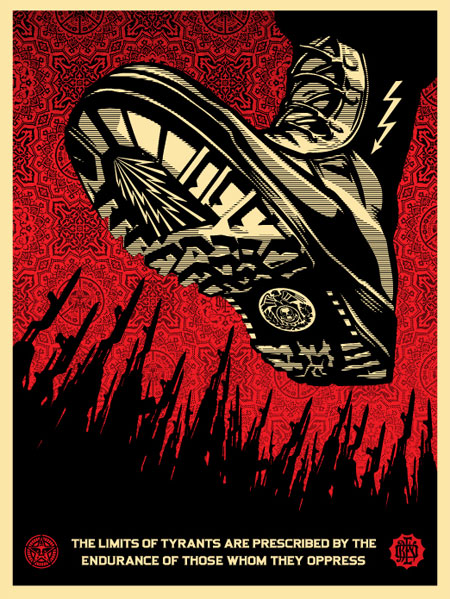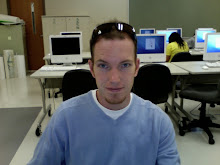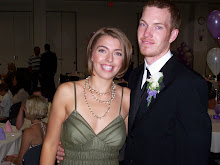
Hi guys!
And so we begin one of the most compelling, politically-charged, multidimensional novels of the ages - George Orwell's classic, 1984.
Over the course of the next three school weeks, we will read the novel and analyze a series of questions relating to the novel, themes, context, and characterization within it. Please post your answers as a blogspot response, ensuring that you complete each question with a significant amount of care. Remember to answer in full sentences, restating the question in your answer, and include quotes to support your responses where appropriate.
Also, and perhaps most importantly...I am not related to any characters in the novel. ;)
BOOK I QUESTIONS
1. Read the biography of George Orwell at the following link: http://www.george-orwell.org/l_biography.html
Once you have done so, read the semi-biographical Orwell short story "Shooting an Elephant" at the following link: http://www.online-literature.com/orwell/887/
When you have completed these two readings, you will begin to understand the political backdrop for Orwell's writing.
Write a 300+ word response to the two readings linking them to your first impressions of 1984.
2. How is the name of Winston's apartment ironic? How might it indicate that things are not always what they seem in Oceania?
1. Describe the opening setting.
2. Privacy is something that seems to be missing from the opening of the novel. Why is privacy so important to the human existence? Do you have privacy in your life?
3. What does Winston Smith do that is illegal?
4. What does his room look like?
5. What does Winston write in his diary? Why is this problematic?
6. What are some ways in which the party controls the people in the story?
7. Who is Big Brother?
8. What does one do during 2 minutes of hate?
9. What does it mean to be vaporized?
10. Who are the following? Describe them in detail:
a. O'Brien
b. Parson Family
c. dark-haired girl
d. Comrade Withers
11. Who is Katherine? What happened to her?
12. Define the following:
a. Double Think
b. Newspeak
c. Duck Speak
d. Thought Crime
13. What is Winston Smith's job? What exactly does he do?
14. In what context is the Chestnut Tree Cafe mentioned?
15. What are the slogans of the party?
16. What is the antique shop and why is it unique?
17. Describe Winston Smith's encounter with the prostitute. Why is this relevant to the story?
18. What are proles? Inner Party? Outer Party?
19. Describe your reaction to the novel after reading the first Book.
20. This doesn't require any work...but is kinda interesting, and connected to the text. Go to the following link: http://www.uriahcarpenter.info/1984.html
Watch the video on the site.
Played only once, during the Super Bowl in 1984, this video introduced the world to Apple Macintosh - the precursor to the computer that you are viewing this text on. Filmed by iconic director Ridley Scott, the commercial was and is considered a masterpiece of advertising.



